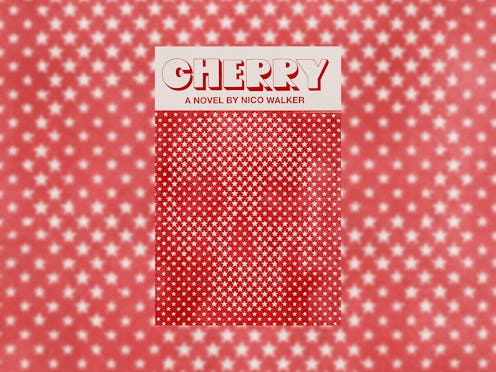
There is a specific kind of way people look at you when they learn you're from Ohio. It's a look I've learned well, having spent my formative years in Cleveland and my college years in rural central Ohio. As the opioid epidemic has pushed its way into headlines over the past few years, that "you're from Ohio?" look has become an increasingly curious one, full of questions about what it was like growing up at the center of a drug crisis. And to be honest, I often want to push these five novels that illustrate the complexities of the opioid epidemic into a person's hands instead. Because these books take readers through narrative-driven journeys deep into the heart of the problem. And they say what many of us can't - or don't want to.
The last time I was home in Cleveland, I was talking with my brother about "the look." My brother, who has spent time all across the United States, knew the look, too, and the questions that often come with it.
There's a responsibility, too, to serve as an expert voice on the matter, simply because of where you were born. But how do you articulate the kind of devastating, numbing boredom that thrives in communities cut off from economic opportunities? How do you describe the generations-deep trauma that poisons entire branches of a family tree? These novels manage to bring words to these experiences, and illustrate the unnameable pain of the opioid addiction.
'Cherry' by Nico Walker
This debut, semi-autobiographical novel begins in Cleveland, with a young couple in love. The narrator, heavily influenced by author Nico Walker's own life, heads into the Army as a medic, because school isn't for him and options are scarce in Northeastern Ohio. When he returns, it's in pieces, broken apart by PTSD. His former love, Emily, is still in Ohio, and the two of them reunite, bonded by an increasingly heavy heroin addiction. But neither love nor drugs can quell our narrator's mind. So he finds solace in a place of pure chaos: he starts robbing banks.
'Ohio' by Stephen Markley
Four former classmates reunite in a single night in this 2018 novel set in 2013 in New Canaan, a town in Northeast Ohio. There's Bill, an addict and wayward activist who has returned home with a dark secret hidden on the underside of his truck; Dan, a timid veteran who's come back for a date with a never-forgotten high school love; Stacey, a doctoral candidate battling with an ex's mother; and Tina, beautiful and easily breakable. They've come back to a hometown reeling from nearly two decades of economic recession and rampant drug abuse.
'Marlena' by Julie Buntin
This coming-of-age 2017 novel, set in Michigan's Upper Peninsula, aches with nostalgia. It's that kind of longing that finds you late at night, when you're haunted by old, familiar, painful what-ifs. In the early 2000s, 15-year-old Cat moves with her newly fractured family to a rural, neglected community on the top of Michigan. It's there that she meets Marlena, beautiful and off-kilter and increasingly reliant on a stash of mystery pills. Marlena illustrates the transformative, intoxicating power of female friendships, set against Middle America's burgeoning opioid epidemic.
'A Killing In The Hills' by Julia Keller
First published in 2012, Julia Keller's A Killing in the Hills is the first in a true crime series set at the foot of the Appalachian mountains, a series that often tackles the generational trauma inflicted by the opioid epidemic. Acker's Gap, West Virginia is stunned when three elderly men are gunned down in broad daylight. For what reason? One of the few witnesses, teenager Carla Elkins, is the daughter of local prosecutor Bell Elkins. Carla begins down a self-destructive path of investigative work. Will finding the killer mend the relationship between Carla and her mother? Or will it pull her in too deep to the drug-ravaged underbelly of small-town Appalachia?
'Poison Girls' by Cheryl L. Reed
In the summer of 2008, a wave of deaths have swept through Chicago. Nearly 250 people have been killed by a fentanyl-tainted batch of heroin, including a number of teenaged girls from prominent suburban families. Natalie Delaney, a crime reporter for the Chicago Tribune, falls down a rabbit hole of politics and heroin and power and privilege, desperate to find a reason for the deaths - or are they killings?